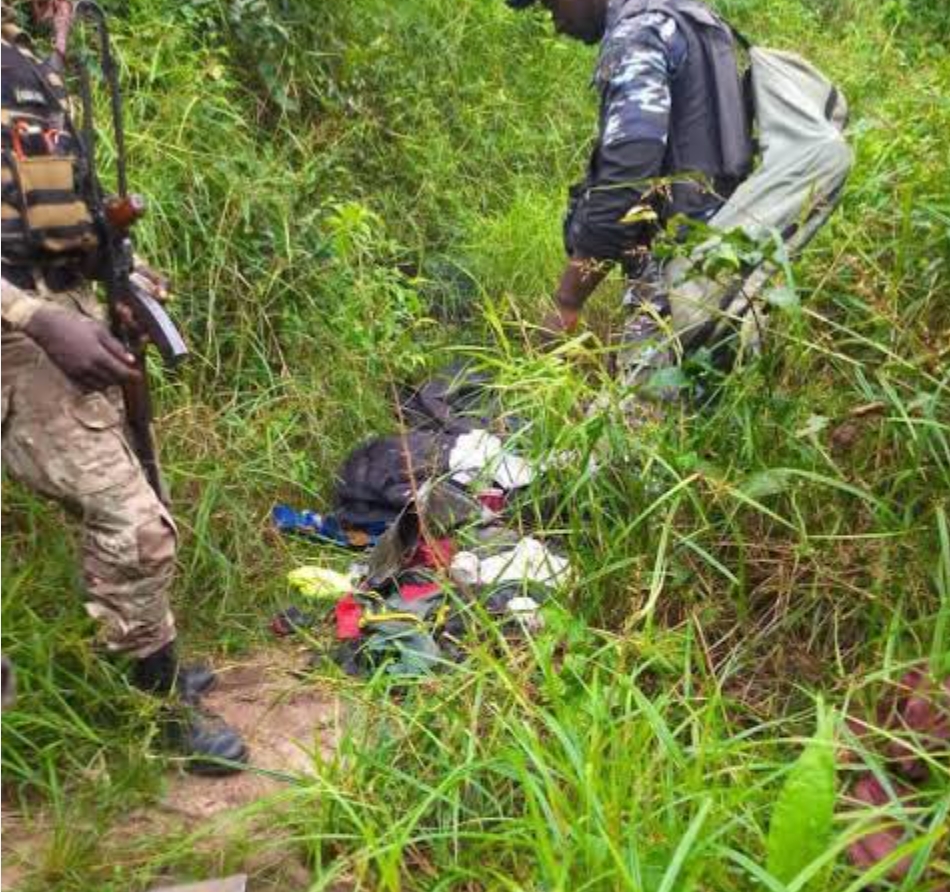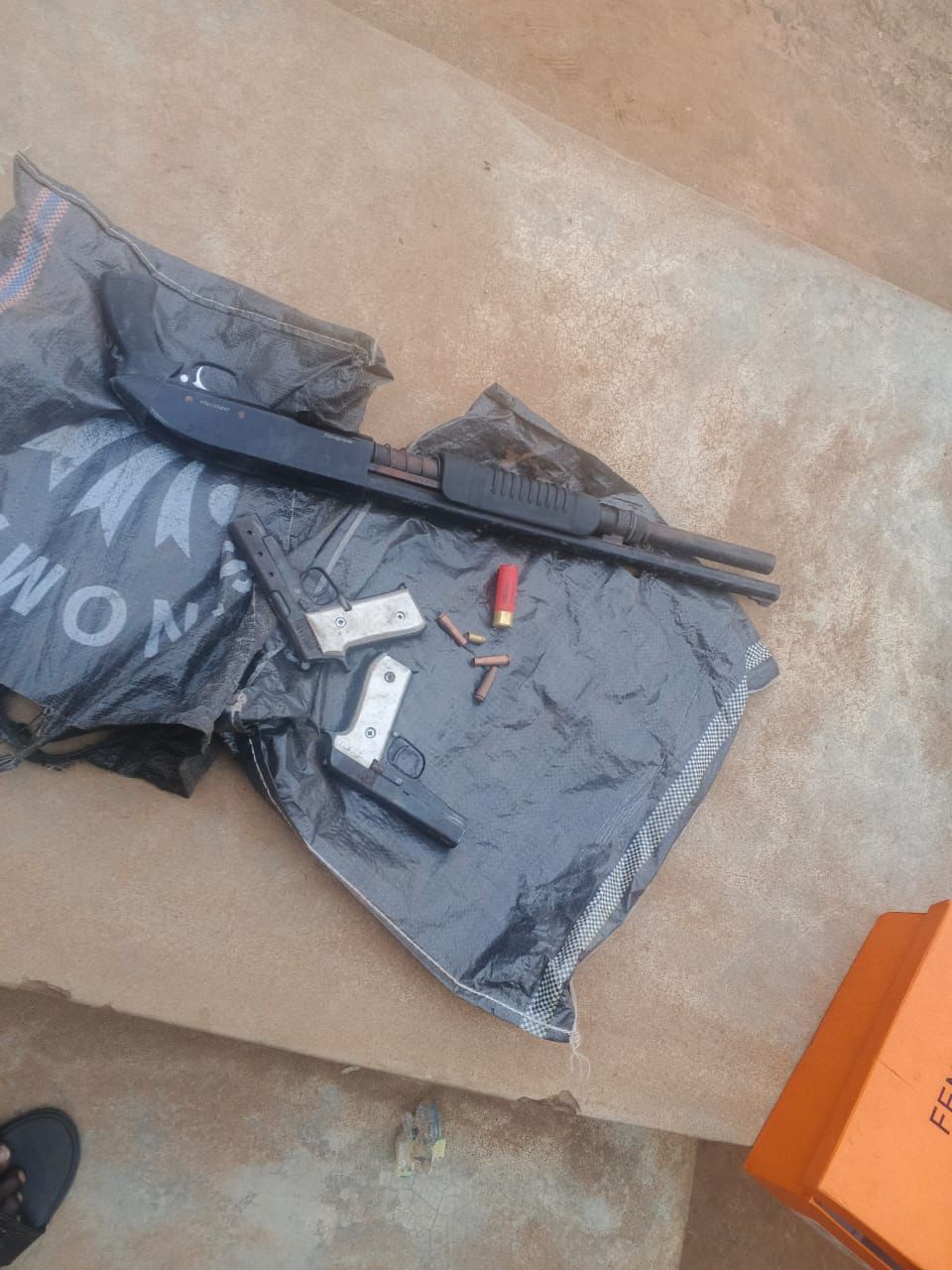A new revelation by the BBC shows that a key political ally of Vladimir Putin has adopted a child seized from a Ukrainian children’s home
Sergey Mironov, the 70-year-old leader of a Russian political party, is named on the adoption record of a two-year-old girl who was taken in 2022 by a woman he is now married to.
Records show the girl’s identity was changed in Russia.
Mr Mironov has not responded to the investigation’s specific allegations.
But on Thursday morning he posted a general criticism on his Telegram account about false information attacks on him and his family.
The child, originally named Margarita, was one of 48 who went missing from Kherson Regional Children’s Home when Russian forces took control of the city.
They are among about 20,000 children who, according to the Ukrainian government, have been taken by Russian forces since the start of the full-scale invasion in 2022.
Earlier this year the International Criminal Court (ICC) issued arrest warrants for President Vladimir Putin and his Commissioner for Children’s Rights, Maria Lvova-Belova, for the alleged illegal deportation of Ukrainian children to Russian-controlled territory, with the intention of permanently removing them from their own country
The Russian government says it does not deport Ukrainian children, but does evacuate them to give them protection from the war.
The BBC worked with Ukrainian human rights investigator Victoria Novikova to find out what happened to Margarita and the other children. Ms Novikova has prepared a dossier of new evidence for Ukraine’s prosecutor-general’s office, which will hand it to the ICC.
The mystery surrounding Margarita began when a woman in a lilac dress turned up at Kherson’s children’s hospital, where the 10-month-old was being treated for a bout of bronchitis in August 2022.
Margarita was the youngest resident of the local children’s home, which looked after children who had medical problems, or whose parents had lost custody of them or had died.
Margarita’s mother had given up custody shortly after her birth, and her father’s whereabouts were unknown.
Dr Nataliya Lyutikova, who led infant treatment at the hospital, said she was a smiley baby who loved cuddling people.
The woman in lilac introduced herself as “the head of children’s affairs from Moscow”, Dr Lyutikova recalls.
Kherson – now back under Ukrainian control – was then in its sixth month of Russian occupation.
Soon after the woman left, Dr Lyutikova says she received repeated phone calls from a Russian-appointed official, who had recently been put in charge of the children’s home. The official demanded that Margarita be sent back to the home immediately.
Within a week, Margarita was discharged from the hospital. The following morning, staff at the children’s home were asked to prepare her for a journey.
“We were afraid, everyone was afraid,” said Lyubov Sayko, a nurse at the home.
She described how Russian men – some in military-style camouflage trousers, one in black glasses and holding a briefcase – had arrived to collect the girl.
“It was like something out of a film,” she said.
Russian MP Igor Kastyukevich (left) organised the loading of children onto buses
Seven weeks later, Igor Kastyukevich, a Russian MP dressed in military fatigues, arrived at the home and, with other officials, began to organise the deportation of the remaining children, including Margarita’s half-brother Maxym.
“They took them from our hands and carried them out,” Ms Sayko said.
Video footage – posted on Telegram by Mr Kastyukevich – showed the children, bundled up in their outdoor clothing, being carried into buses and ambulances, and driven away.
A”The children will be taken to safe conditions in Crimea,” Mr Kastyukevich said, as the children were loaded up. Crimea was annexed by Russia from Ukraine in 2014. Mr Kastyukevich portrayed the event as a humanitarian mission.
Finding lost children in a place as vast as Russia, a country of more than 17 million sq km (6.6 million sq miles), is no easy task.
The first job was to identify the mysterious woman in lilac who visited Margarita in the hospital last August.
Victoria uncovered a Russian document which authorised Margarita’s transfer to a Moscow hospital for medical tests. A woman was named on the document: Inna Varlamova. A search on social media confirmed she was the mysterious woman in lilac.
We then showed a photo of Ms Varlamova to Dr Lyutikova and she identified her as the same woman who had visited Margarita on the children’s ward.
With Inna Varlamova’s name in hand Panorama then acquired train records from sources inside Russia. These showed that she arrived in occupied Ukraine on the same day that witnesses say Margarita was taken from the children’s home.
Margarita, the evidence suggests, was spirited out on this midnight train.
But why?
A Russian source then delivered another crucial piece of information: a document showing Ms Varlamova had recently married political party leader Sergey Mironov
Then came a key revelation.
We accessed a birth record, created last December, for a 14-month-old girl named “Marina”. The child’s parents were named as Inna Varlamova and Sergey Mironov. The entry was irregular, showing no original record of the child’s birth.
“Marina’s” birthday was listed as 31 October 2021 – the same day Margarita was born.
“When I saw Marina’s birthday was the same as Margarita’s, I realised it was ‘bingo’,” said Victoria.




